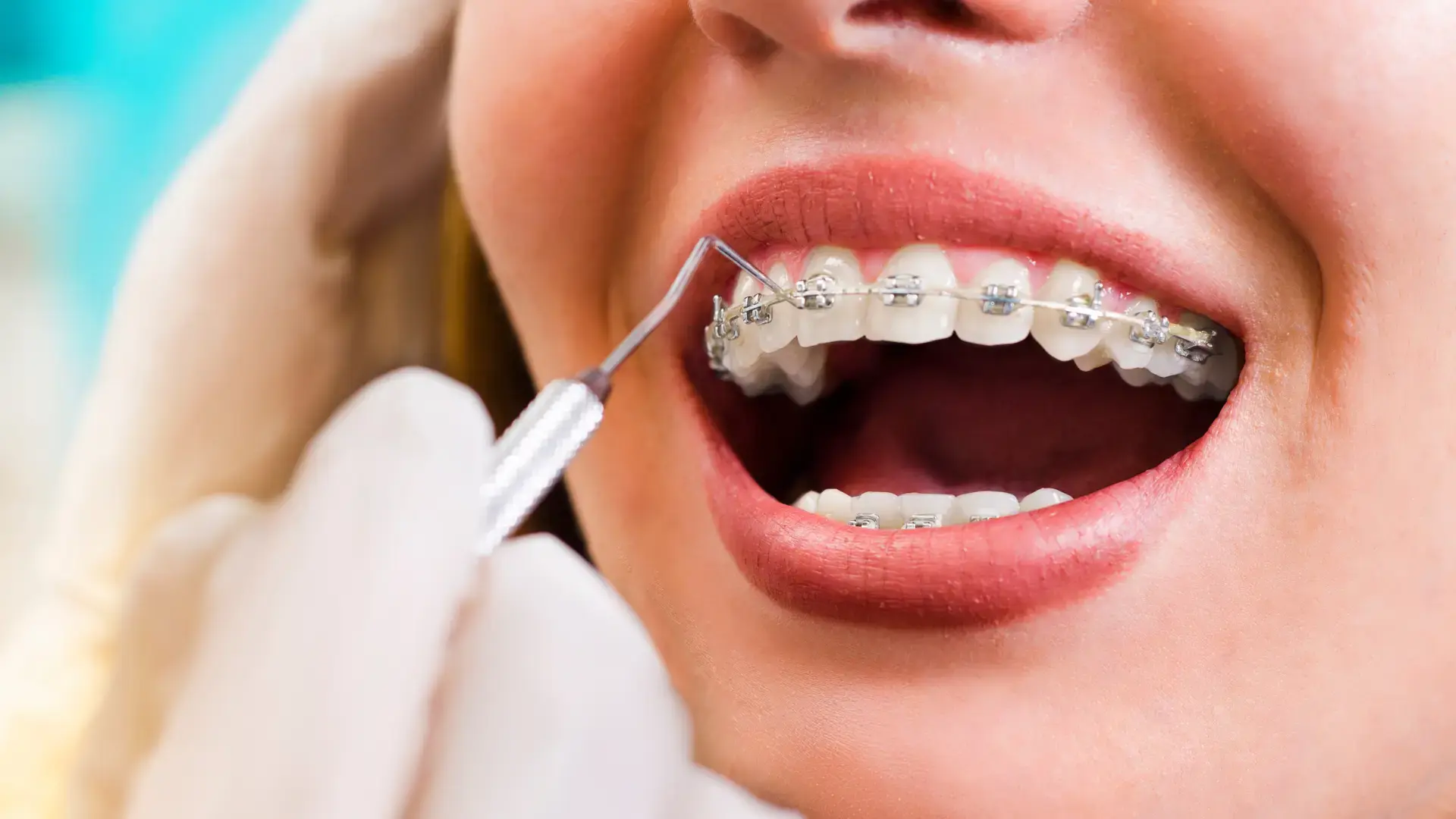15 Easy Ways to Prevent Cavities and Protect Your Teeth for Life

Summarize with AI
After your adult teeth come in, they’re meant to last a lifetime—and taking care of them doesn’t have to be complicated. When plaque builds up, it can lead to tooth decay and cavities, which may mean fillings or more involved dental care down the road. The good news is that learning how to prevent cavities can help you avoid discomfort, save time and money, and keep your smile healthy and confident for years to come.
Why Cavity Prevention Matters at Every Age
Cavities can affect anyone, kids, adults, and seniors alike, and preventing them early can save you time, money, and unnecessary discomfort down the road. Making cavity prevention part of your daily routine also reinforces the value of regular dental checkups, which help detect small issues before they become bigger problems. Fortunately, there are many simple, dentist-approved ways to protect your teeth and gums and keep your smile healthy for life. Here’s a list of 15 easy habits to get you started.
1. Brush teeth regularly
It’s a mantra that we all hear from the time we are little: “Brush your teeth after every meal!” While it’s not always possible to brush your teeth as often as you'd like, you should still brush twice a day for at least 2 minutes each time. Your dental hygienist can assist you with learning proper brushing technique. Chewable black revealing tablets can also help you improve the thoroughness of your brushing.
If you have the opportunity, brush her teeth more often, particularly after midday meals and snacks. Many stores sell disposable mini-toothbrushes that even come “pre-pasted” so you don't have to carry a separate tube of toothpaste with you.
2. Prioritize nighttime brushing
Saliva provides natural protection against cavities, but saliva production decreases while you sleep. This leaves your teeth more vulnerable, which is why you always want to go to bed with clean teeth.
3. Check your toothpaste
Check your toothpaste to make sure it contains fluoride, the one ingredient that has been proven to significantly reduce the risk of tooth decay. If you aren't sure about the brand you use, ask your dentist for a recommendation.
4. Use a soft-bristled brush
When purchasing a toothbrush or a new head for your electric toothbrush, check the label. It should specify that the brush is soft-bristled, which is what most dentists recommend. The soft bristles are not only more comfortable, but they can also more easily get between your teeth to remove food particles and plaque.
5. Replace your toothbrush frequently
Most people should replace their toothbrush or electric toothbrush head every 3 to 4 months. Your best guide is a visual inspection of the brush: If the bristles are no longer straight and instead curl under or flare to the sides, you need a replacement.
6. Floss daily
Daily flossing is an important part of your oral health regimen. Floss at least once a day, preferably at night before you go to bed. If you find traditional dental floss difficult to use, you can buy pre-flossed picks at any drugstore. Keep some in your purse or desk for use during the day.
7. Treat dry mouth
Dry mouth has many causes, including medication use, aging, and other medical conditions. It can also contribute to oral health issues such as bad breath, plaque formation, gum disease, and cavities.
If you notice that you have dry mouth, talk to your dentist and even your doctor. Dry mouth can be a symptom of a medical condition that needs treatment. In addition, your dentist can provide treatment options that help protect your teeth and gums while also making you more comfortable.
8. Avoid snacking
The advice to not eat between meals isn't just about restricting calories. Many people don't have time to brush their teeth after snacking, which gives plaque an opportunity to form. If you do snack, avoid sugary foods and opt instead for fresh fruits and vegetables, which can stimulate the flow of saliva.
9. Stay away from sugary, sticky foods
Sugary foods are a major culprit in tooth decay, as sugar is a favored "food" of the bacteria that form plaque. In addition, sticky foods, including dried fruit (such as raisins), get stuck between teeth and can be difficult to remove. These foods, which may be high in sugar, also contribute to cavities between teeth.
10. Drink unsweetened liquids
Drinking plain and flavored waters, along with unsweetened tea and coffee, can help increase saliva production and keep teeth and gums healthy.
11. See your dentist regularly
It’s recommended that adults see their dentist once every 12 months for a professional cleaning and examination. Professional cleanings are essential for keeping your teeth and gums healthy, and only your dentist has the expertise to identify possible dental problems in their early stages.
12. Drink tap water
Bottled waters may not contain fluoride, which is essential for protecting your teeth against cavities. If you don't drink tap water because you don't like the taste or don't feel comfortable with your local water supply, talk to your dentist about other options.
13. Get a fluoride treatment
Fluoride treatments provided by your dentist can help reduce your chance of getting cavities.
14. Ask about sealants
Sealants are clear coatings applied to your teeth to protect against plaque and eventual decay. You can only get sealant treatments from your dentist, and the treatment can last for several years. If you opt for sealant treatment, you will need to establish a consistent schedule of dental visits so your dentist can check the sealant's integrity and perform a touch-up if necessary.
15. Use mouthwash
Many people use mouthwash to freshen breath, but fluoride-containing mouthwashes can also help protect against cavities. In addition, vigorously rinsing with mouthwash can loosen food particles between teeth, which can contribute to cavities and gum disease.
Take the Next Step Toward a Cavity-Free Smile with Gentle Dental
While this list may seem long, many of these cavity-preventing habits can be easily worked into your daily routine—and most take just a few minutes a day. Small, consistent steps can make a big difference in protecting your teeth and gums for life.
If you’d like personalized guidance or it’s time for your next checkup, schedule an appointment with your local Gentle Dental office. Our friendly team is here to help you build a simple oral care routine that fits your lifestyle. With convenient locations, extended evening and weekend hours at many offices, and flexible payment options that accept most dental insurance and financing plans, getting the care you need has never been easier.
Book your visit today and take a confident step toward a healthier smile.

